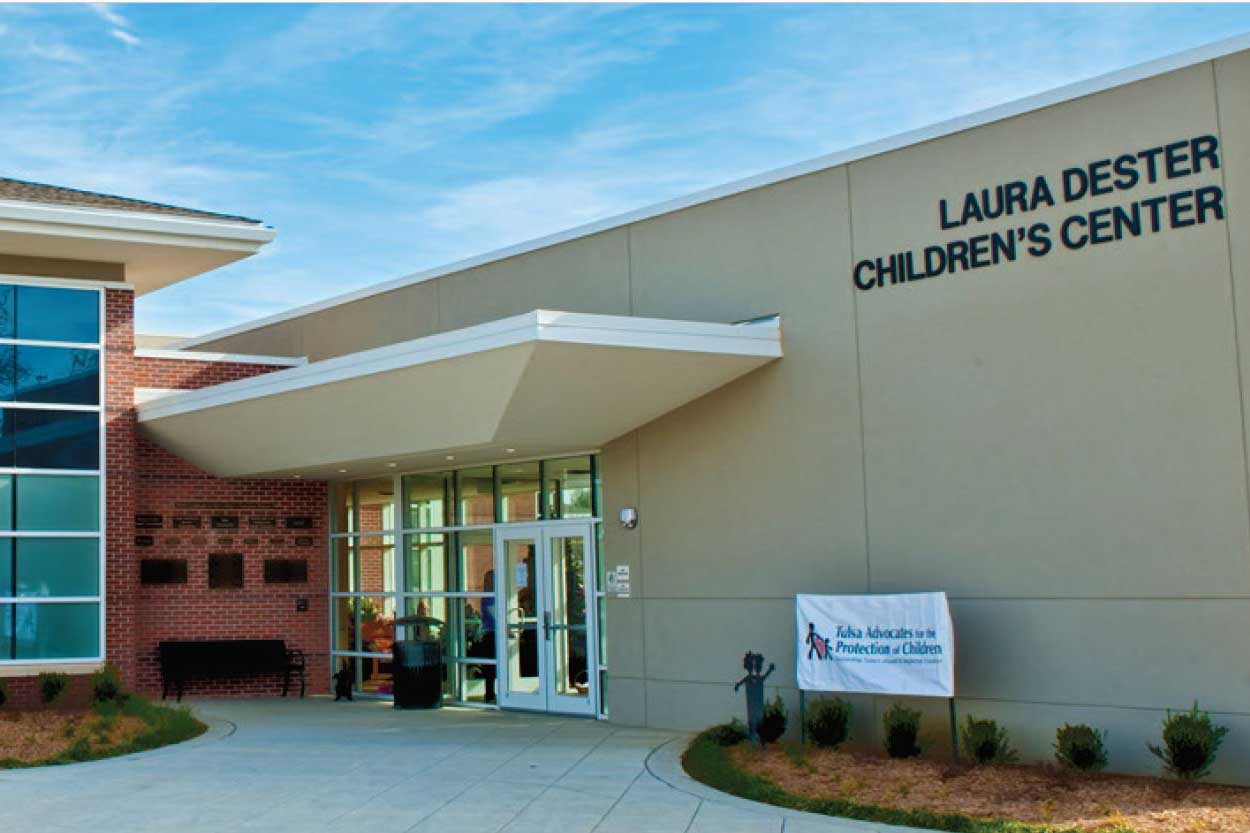In January 2020, the Laura Dester Center of Tulsa, OK marked its first full year as a short-term treatment center for children and adolescents with an intellectual disability (ID) and significant behavioral support needs and/or a co-occurring mental illness. The first child successfully treated was expected to be placed into a companion arrangement and two others recently became eligible for placement this month.
The Laura Dester Center had previously served as an emergency shelter for children brought into the foster care system. In 2018, an oversight panel ordered the facility closed, citing an “alarmingly high” number of child maltreatment reports and confirmed cases that mostly stemmed from lack of supervision and unsafe living conditions. In response, the Oklahoma Department of Human Services (DHS) engaged Liberty of Oklahoma Corporation (Liberty) to transform the Center into an ICF/IID for children to fill a crucially needed service capacity for residential treatment. Today, the Center provides short-term treatment to foster children with ID and behavioral challenges, to enable them to graduate to the least restrictive placement possible.
Liberty Executive Director Hugh Sage, Ph.D., told Tulsa World that the hope is that the program will help children achieve a better quality of life and not have to enter a state-operated facility as adults. Dr. Sage said that while it doesn’t take long to realize a significant improvement through treatment, placing stabilized children in a less restrictive environment is still a challenge. “There is an enormous amount of work that needs to be done, and we’re all learning … about how to make the transition more successful and to shorten the length of time required,” he said.
